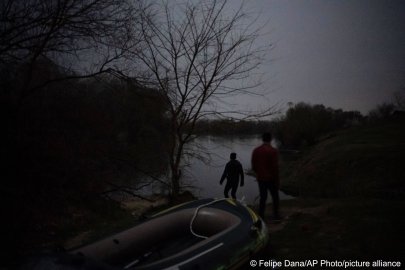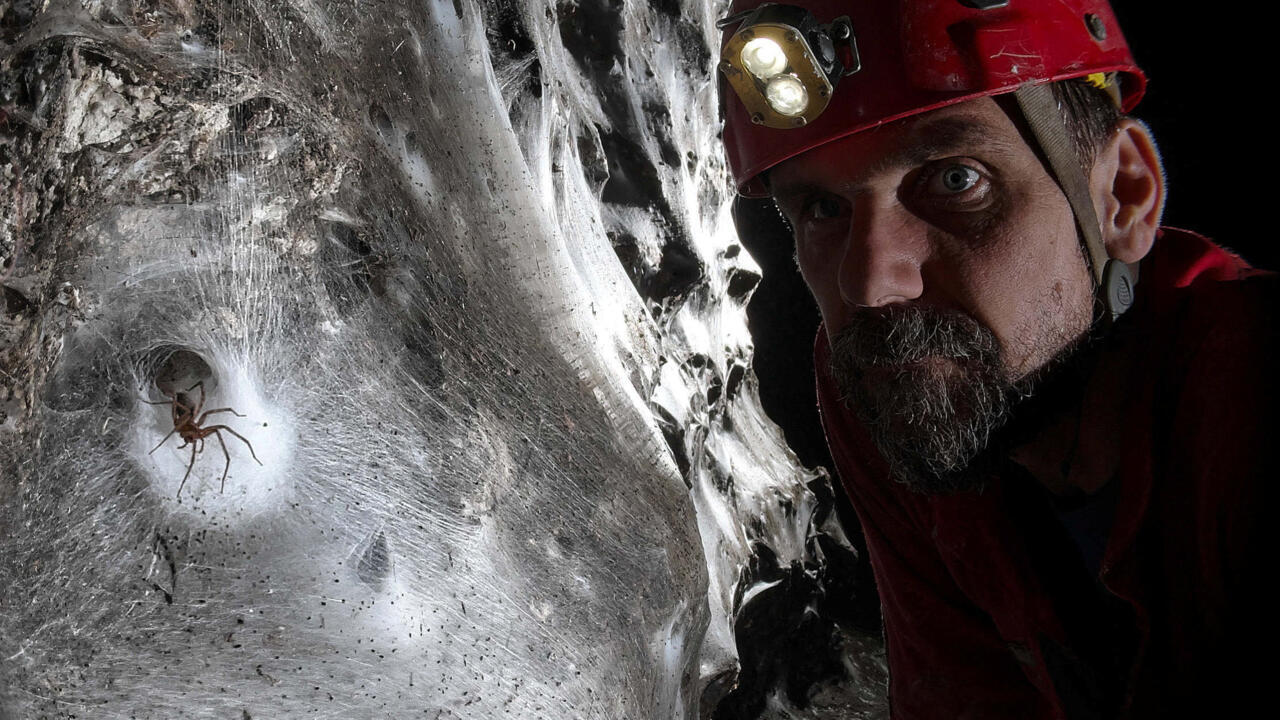Migrants allege forced and ‘extremely invasive’ body searches at EU b
Source: InfoMigrants: reliable and verified news for migrants – InfoMigrants
Migrants have alleged they were forced to undress and were subjected to genital searches at the Greek border, as well as being subjected to violence and had their belongings stolen.
Migrants have been subjected to forced body and genital searches during pushbacks at the Greek border by uniformed personnel or masked persons, revealed reports by the media and an international humanitarian organization, Doctors without Borders, MSF.
The Qatar-based news outlet Al Jazeera reported last week (November 3) that it had spoken to 13 migrants who said that they were forced to undress and were subjected to genital searches during pushbacks at European Union (EU) borders.
One 25-year-old Cameroonian woman told Al Jazeera that she had first entered Turkey and then Greece. It was on the Greek island of Samos where she said that she and other refugees were “made to crouch down. Then, one by one, the men forced them to stand up and undress, in front of everyone else.”
Anyone who fought back was threatened and beaten with truncheons, claimed the woman.
Lawsuits filed
The woman has filed a lawsuit at a Greek court, alleging that the forced body and genital search was “extremely invasive and offensive.” The case is reportedly under pre-trial investigation.
Interviews with refugees, legal experts, and NGOs along with internal documents from border authorities all “point to a troubling pattern – that degrading practices appear to be aimed at humiliating asylum seekers and deterring them from trying to make the journey again, all the while stealing their valuables and money,” reported Al Jazeera.
Chris Borowski, senior media officer for the European border control authority, Frontex told InfoMigrants, “We’re aware of the reports that have come to light and treat them with utmost seriousness. The agency unequivocally condemns any actions that infringe upon fundamental rights and human dignity.”
Specific to border control operations in Greece, Borowski said, “It’s key to understand that Frontex does not have a commanding role over the Hellenic law enforcement authorities. We’re there to support, not to oversee, their activities.”
Pushbacks: De facto migration policy
In 2021, the European Court of Human Rights (ECHR) ruled that body searches by law enforcement can be justified in certain cases, such as the prevention of criminal activities.
However, Article 3 of the European Convention on Human Rights prohibits “torture and other forms of ill-treatment… that include inhuman or degrading treatment or punishment.”
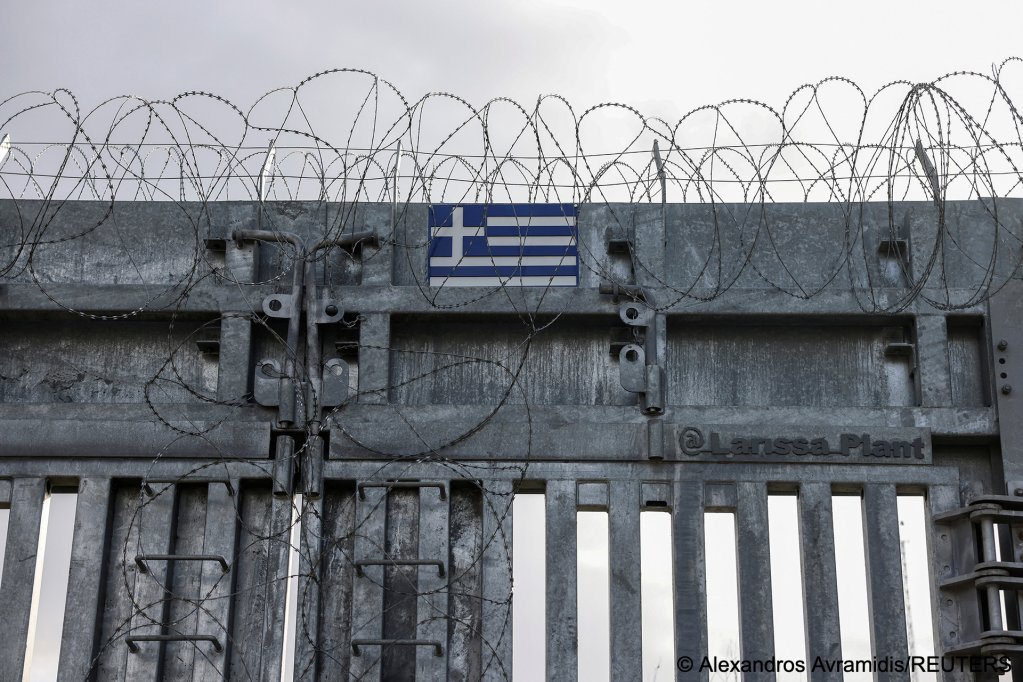
Under the administration of Greek Prime Minister Kyriakos Mitsotakis, the country has taken a hardline approach to migration, bolstering physical borders and contracting security agencies to carry out deportations. The steel fence along the Evros land border with Turkey has been continuously extended and fortified. Additionally, Greece has been working with Frontex to deport those whose asylum applications have been denied.
Reports from the media and various NGOs, as well as the United Nations have condemned Greece for its practice of illegal pushbacks. Athens has consistently denied these claims.
Last year, Felipe Gonzalez Morales, UN special rapporteur on human rights, said that pushbacks “at land and sea borders have become de facto general policy,” in Greece.
Also read: Greece: Reported pushbacks despite intervention of European court
Men, women, and babies searched
International aid organization Medecins Sans Frontiers (MSF) also reported similar incidents of invasive and humiliating body searches in their report, “In Plain Sight: The Human Cost of Migration Policies and Violent Practices at Greek Sea Border” which was released earlier this month (November 2).
Based on interviews with migrants at MSF operated sites in Samos and Lesvos, between August 2021 and July 2023, the report findings indicate a pattern of violent pushbacks at the Aegean border. Uniformed officers and masked individuals allegedly abducted, physically assaulted migrants, conducted intrusive non-consensual body searches, and confiscated or destroyed their personal possessions.
Among the 50 people MSF interviewed, 11 shared detailed testimonies, all echoing similar harrowing experiences of men, women, and children being made to endure probing fingers inserted in private orifices. Some reported having experienced several pushbacks and being subjected to these degrading searches each time.
One woman, Asma, had traveled through five different countries before reaching Greece. “I wear the hijab, but on the boat, they undressed me. I was in my underwear. They touched me and searched me,” she told MSF. Asma had been pushed back a total of six times, three times each at sea and from land.
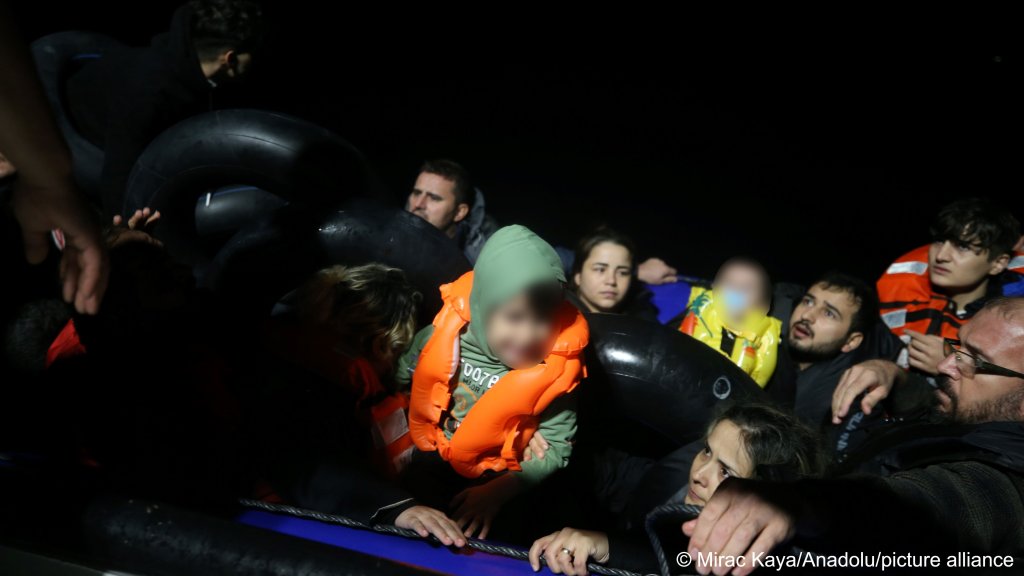
Another woman, Adele, was traveling with an infant. After one man searched her body by inserting his fingers inside her vagina and anus, he cut her bra to touch her breasts. He searched her hair, pulling at her braids one by one. Adele had pleaded with the man, saying that she was breastfeeding. He then proceeded to search her infant.
“Then he undressed the baby. He tore his diaper apart and was searching it. For what? For money? They searched his entire small body…” Adele recalled in the MSF report.
Adele reported that all the others on the boat, including the men, were searched in a similar manner, in full view of others. Gloved hands probed and searched private body parts, with the person who conducted the intimate search not changing gloves before going on to the next person. Pierre, Adele’s husband, corroborated her story and also told MSF that he was told to strip naked and had his anus searched while others were watching.
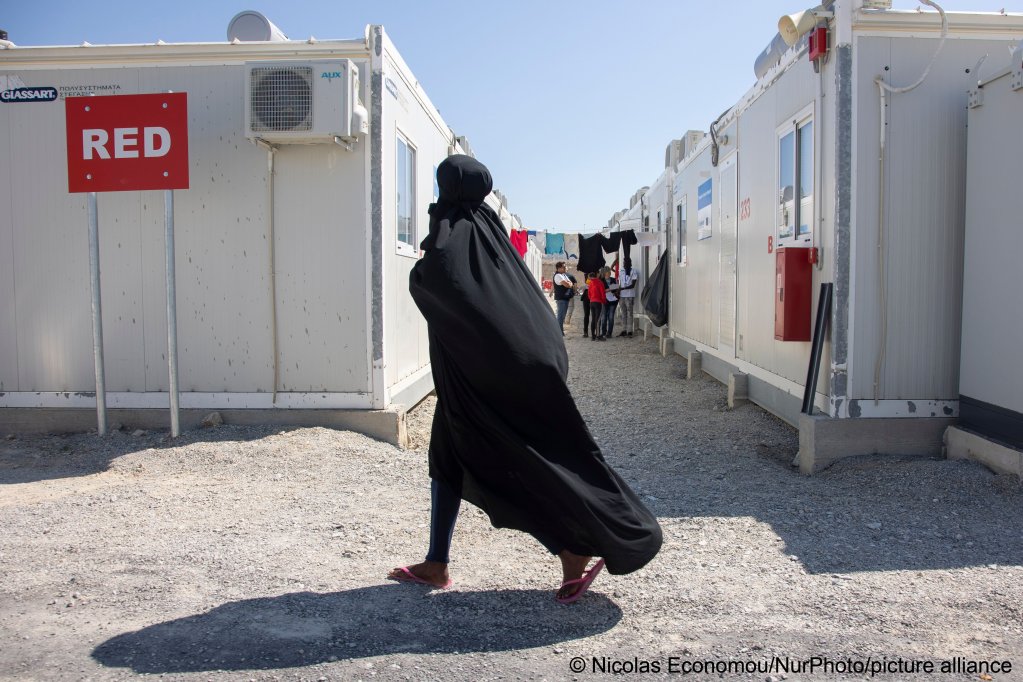
Eleonora told MSF about four separate incidents where she had been searched. Each time, she was made to bear the same physically violating and degrading treatment. The money that she had carefully hidden in her hair was found and taken along with her phone, bag, and medicines, leaving her emotionally shaken and traumatized. “I was so afraid that I was feeling as if I had to vomit,” she said.
The searches were also conducted even as they were reportedly pushed back across the border and set adrift in the sea. “I was searched three times, they searched my body once in the jungle, once more on the big boat where they put us, and one final time on the life raft in which they put us,” another migrant, Sahar, told MSF.
Also read: Greece: Violence against migrants ‘normalized’ — MSF
Extremely shocking pattern
Duccio Staderini, MSF Head of Mission for Greece and Balkan Migration routes, told InfoMigrants that the testimonies of migrants are “extremely shocking”.
“What we have seen from these testimonies is a pattern. While not systemic, these strip searches are alarmingly common. The strip searches are often conducted in bushes, at the point of arrival, before any official documentation procedure takes place. They are not related to enforcing security,” said Staderini who added that it was most shocking that it was happening on European soil.
“The mental health of these people prior to arrival is already extremely fragile. The violence they have been subjected to through these strip searches, presumably to rob them, creates additional suffering that is very difficult to heal from,” Staderini said.
The original article: belongs to InfoMigrants: reliable and verified news for migrants – InfoMigrants .
